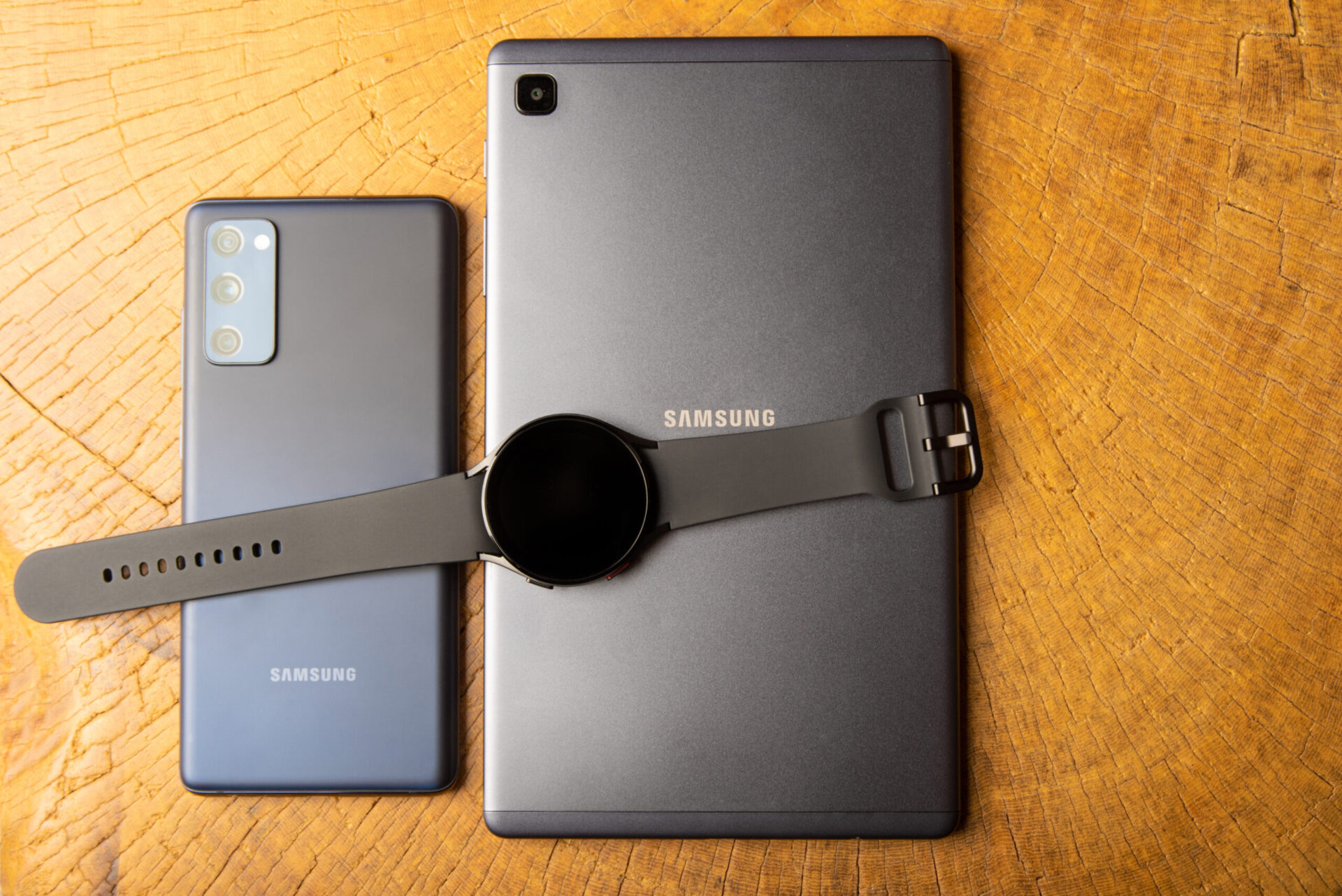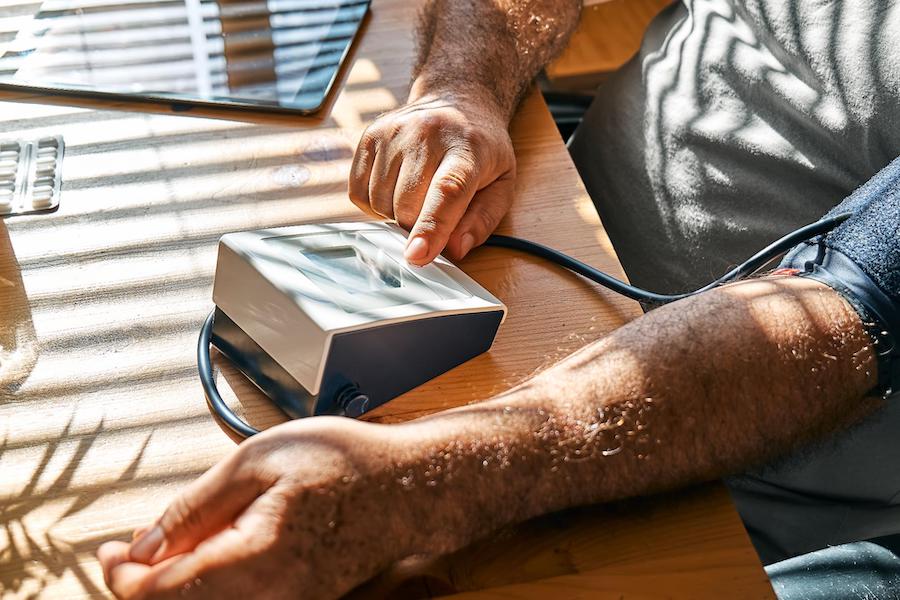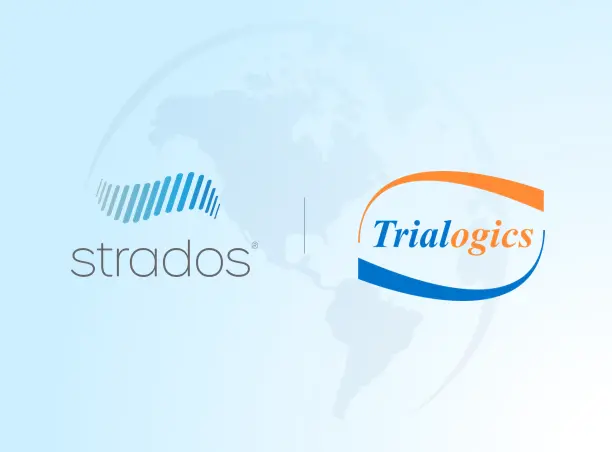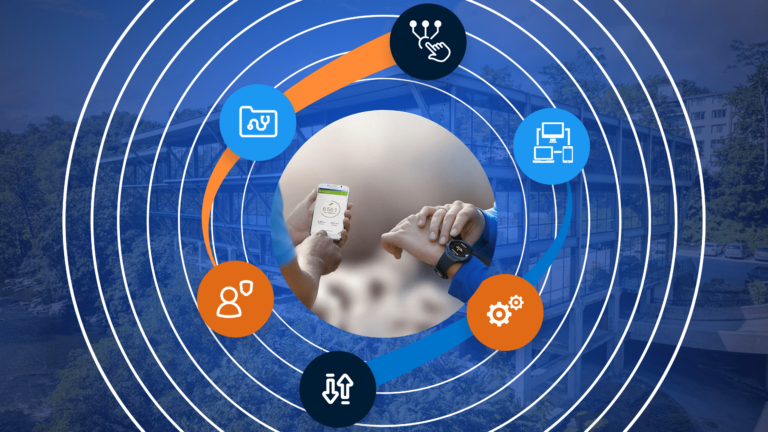
Medical innovation is on the rise, and the exponential growth in clinical drug trials proves it. As of June 2023, 457,254 clinical trials have been registered around the world, according to ClinicalTrials.gov.
Published Jul 14, 2023By: Taylor Mallory Holland
Medical innovation is on the rise, and the exponential growth in clinical drug trials proves it. As of June 2023, 457,254 clinical trials have been registered around the world, according to ClinicalTrials.gov. That number has grown by nearly 100,000 since 2020 and more than doubled over the past decade.
Some of these trials will yield state-of-the-art treatments, while others will weed out medications that are unsafe or ineffective. Determining which is which requires researchers to collect years’ worth of data on hundreds or thousands of study participants. To streamline the process and improve the quality of that data, researchers have begun to leverage companies like Trialogics—a clinical trial software platform that provides mobile solutions using Samsung devices to collect comprehensive, continuous data in real time.
“There has been an increasing need for mobile devices as the industry moves away from ‘paper diaries,’ which neither allow for real-time data collection nor dynamic reminders to be sent to subjects,” says Christopher Gropp, CEO at Trialogics. “The pandemic has increased these needs and shined a light on the importance of collecting remote health information and decentralizing clinical trials.”
How the Trialogics solution works
Trialogics uses a variety of Samsung devices to create a customized, highly secure solution for clinical trial subjects, doctors, and site researchers.
Study participants receive a Samsung tablet, which they use to complete Subject Diaries that consist of treatment compliance records, daily health assessments, and periodic questionnaires. They can also receive third-party remote medical devices, such as blood pressure cuffs, weight scales, thermometers, and other devices to collect valuable information. The cameras on the tablets can be enabled to capture images if required by the trial. All data is then transmitted securely to the Trialogics database via the tablet which is available to the clinical team for review as needed. Subjects can also utilize a Samsung smartwatch to collect continuous real-time data—such as steps, movement, stress, and sleep—for integration in the clinical trial. Samsung has been extremely helpful in building out this functionality to increase Trialogics’ capability.
Tablets and smartwatches come with mobile data plans so study subjects can use them to collect information, receive reminders, and communicate with the trial team from anywhere, regardless of Wi-Fi availability.
Meanwhile, researchers and clinical sites involved in each study receive customized, kiosked Samsung laptops and Chromebooks, which let them access authorized software and specific trial-related services and websites. These devices also come with mobile data plans, which are used to ensure seamless connectivity if local Wi-Fi is unavailable or limited. Approved applications can be enabled to collect additional data from the subject for transmission to clinical team members. Information from devices such as respiratory monitors and photos/images from the tablet can be analyzed and used in conjunction with other data collected.
“For sites, the need to deploy hardware with mobile connectivity has become increasingly necessary as sponsors and CROs require better access and security when utilizing the clinical trial platform. This ensures better overall service for everyone while simultaneously helping to protect the trial devices and data,” says Gropp.
Trialogics uses Samsung Knox to secure the devices and configure them for each clinical trial and trial role. Using Knox, Trialogics puts devices in kiosk mode to restrict access to authorized websites and services as well as additional software the trial sponsor wants to use, such as electronic data capture (EDC) systems, site portals, and various data analytics/reporting systems.
Trialogics also uses Samsung Knox to remotely update and deploy software as needed, without ever touching the devices. This provides flexibility to monitor and update devices or remotely lock or “quarantine” devices that may have been lost or damaged.
Benefits of mobile data collection in clinical trials
Delivering a customized, secure mobile experience gives clinical trial sponsors several key advantages, including:
Increased participation
Trialogics’ solution increases enrollment opportunity and diversity by removing geographic and economic barriers. Subjects can participate from anywhere, regardless of their proximity to trial sites, and without the need to supply their own mobile devices or the requirement of having reliable home internet access.
Higher compliance rates
Subjects receive real-time alerts reminding them to take medications, use biometric devices, and complete Subject Diary entries. “We are seeing compliance rates in excess of 95% from sites and subjects utilizing Samsung devices,” says Gropp.

Continuous, streamlined data
Samsung smartwatches gather continuous, real-time data, which can be combined with data from biometric devices and Subject Diaries to provide a comprehensive view of each participant’s overall health. This data is automatically uploaded and integrated, making it far more efficient and less error-prone than the traditional “paper diary” system, which required researchers to enter days’ or weeks’ worth of entries into the computer during patient site visits.
“The true benefit to utilizing devices is that data is real-time and dependable because it is entered as the subject progresses through the study as opposed to a single point in time,” says Gropp.
Reliability and security
For sponsors and clinical trial teams, the ability to access real-time subject data with better reliability and security is invaluable, according to Gropp. “Sponsors can view real-time data in Trialogics reports or other integrated analytics platforms. By providing Samsung Knox-secured devices for sites, we improve site capabilities and overall security,” he says.
Why Samsung?
Trialogics explored multiple device providers for their platform but chose to partner with Samsung due to product reliability, commitment to continuous improvement, and Samsung Knox.
“The devices are seamlessly enrolled into Samsung Knox, providing added security, which works incredibly well with our mobile data providers. The devices have proven to be durable for the life of our trials, which can last three or more years,” says Gropp. “We have developed a great relationship with the Samsung team and have been extremely impressed with how dedicated Samsung is to the overall healthcare space and to meeting the standards for various global regulatory bodies.”
Trialogics has worked with Samsung since 2018 and now regularly deploys Samsung devices in almost all of their trials. “Every proposal I have reviewed in the past two years has included or inquired about deploying devices to subjects, sites or both,” says Gropp.
“Thousands of subjects and sites have used Samsung devices to access our clinical trial software. What has truly impressed me, as well as our clients, is the ability to effectively deploy Samsung devices globally without any performance issues, whether subjects are located in Boston, Warsaw, or Sydney,” he says.
Learn more about how Samsung’s defense-grade Knox security helps protect your most important mobile data from the chip up. And make sure to check out the latest mobile devices.








